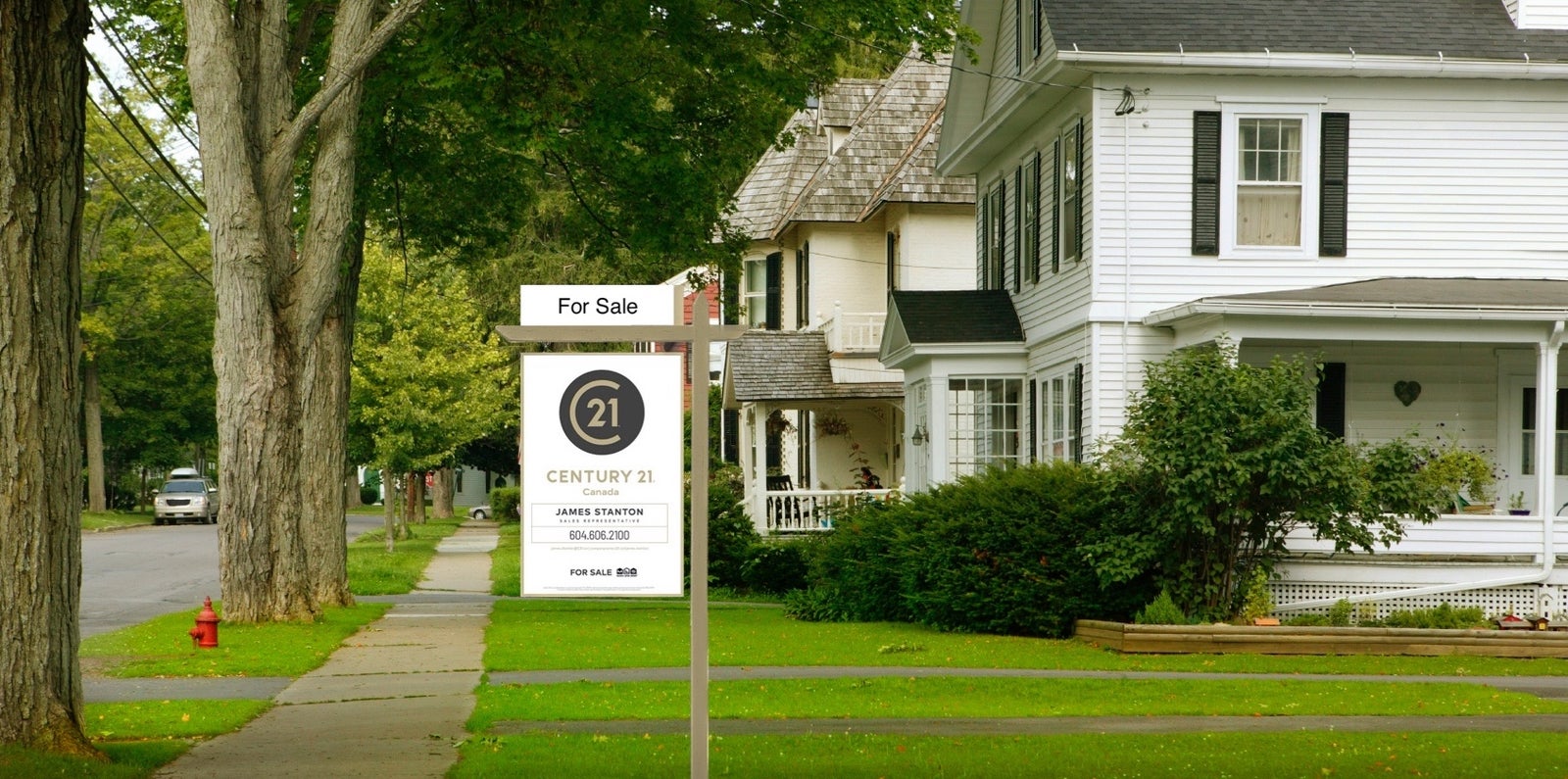03.It is beneficial to know how much money you have access to, through a mortgage, prior to setting out and actually 'shopping'. Having done the mortgage calculator exercise, you likely already have an idea of what you can afford and what amount you will need for a mortgage. This information is powerful when going to speak with a lender, as it will save time and provide the lender with information to begin determining your mortgage needs.
Lenders consider your income, your debts (loans, credit cards, child support, etc.), employment history (having a steady job helps, as does a steady employment record - gaps in income could affect you), credit history, and the value of the desired property. They will look at how much you can comfortably afford to pay for a mortgage, based on your current income and debt load. Typically, this is up to 30% of your gross income, although that varies from lender to lender.
Adjustments to your mortgage calculator totals will likely occur, as your pre-approval mortgage amount takes everything into consideration, and is also based on the lender's rates, mortgage programs, and payment plans, which sometimes means that you can actually be approved for more than you originally anticipated. You may be closer to that dream home than you thought! As well, once you find a home that you are interested in, the process for acquiring it is now shortened, which means that the potential of losing the home to another buyer is reduced.



